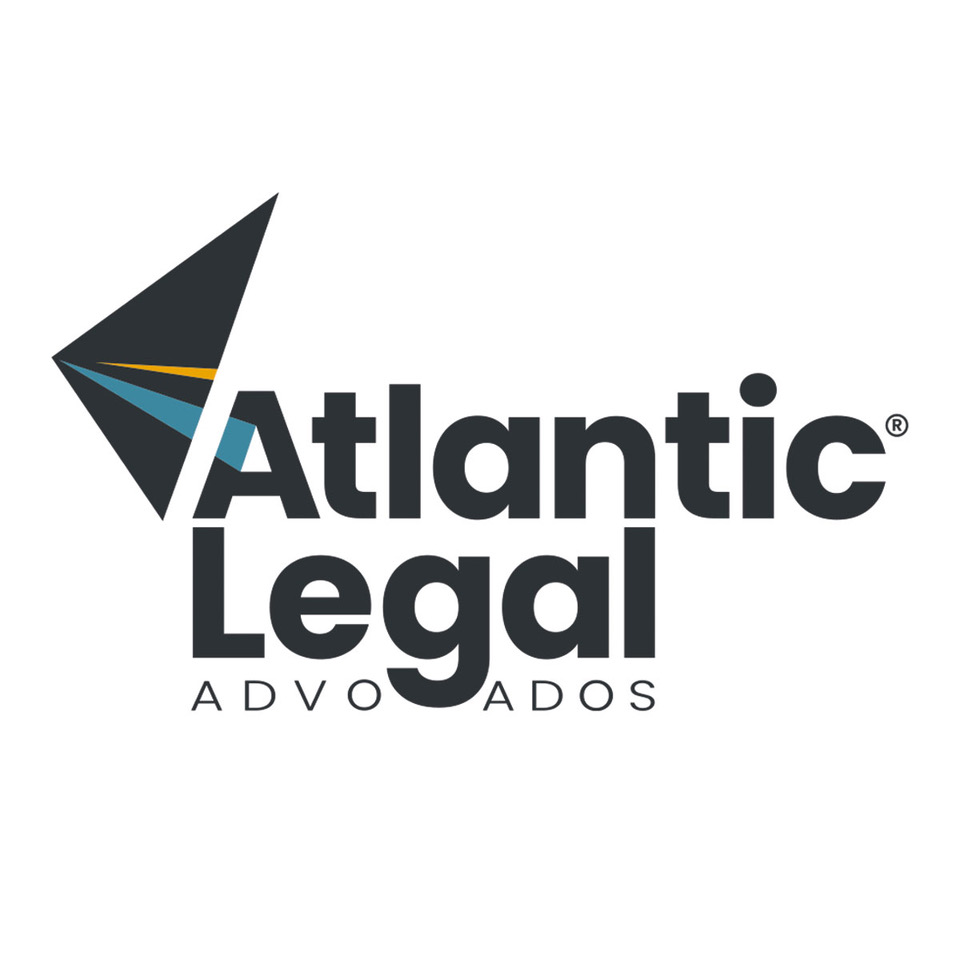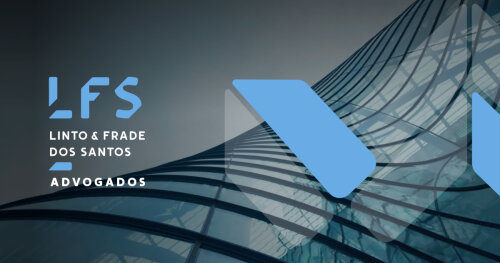Best Antitrust Litigation Lawyers in Portugal
Share your needs with us, get contacted by law firms.
Free. Takes 2 min.
Or refine your search by selecting a city:
List of the best lawyers in Portugal
About Antitrust Litigation Law in Portugal
Antitrust litigation in Portugal is a specialized area of law that deals with disputes and enforcement relating to competition rules. These rules are designed to promote fair competition and prevent practices that restrict or distort the marketplace, such as cartels, abuse of dominant position, and anti-competitive agreements. The legal framework is influenced by both national legislation and European Union competition law, meaning that cases may be handled at a national or cross-border level. The main regulatory body, the Autoridade da Concorrência (Portuguese Competition Authority), has a central role in investigating and sanctioning violations, while private lawsuits also play a growing part in the enforcement of antitrust rules.
Why You May Need a Lawyer
There are several situations where seeking the assistance of a legal professional is crucial in the field of antitrust litigation:
- Your business is under investigation by the Portuguese Competition Authority for alleged anti-competitive behavior.
- You suspect that a competitor is engaged in unlawful practices that harm your business, such as price fixing or market sharing.
- You need to challenge a fine or sanction imposed for alleged breaches of competition law.
- You wish to make a claim for damages resulting from anti-competitive conduct by others.
- Your company is considering a merger or acquisition and needs to comply with notification and approval requirements.
- You are responding to a dawn raid or an information request from authorities.
- You require guidance on compliance rules to avoid inadvertent breaches.
Legal expertise is essential due to the technical nature of antitrust law, the severity of penalties, and the possible impact on both businesses and individuals.
Local Laws Overview
Antitrust litigation in Portugal operates primarily under Law No. 19/2012, which sets out the framework for the country’s competition rules. The key aspects of local law include:
- Prohibition of restrictive agreements: Agreements between companies that aim to restrict competition, such as cartels or collusive bidding, are forbidden.
- Abuse of dominant position: Companies holding a dominant position in a market must not use that position to eliminate competition or exploit customers.
- Merger control: Certain mergers and acquisitions must be notified and cleared by the Competition Authority before completion.
- Sanctions: Infringements can result in substantial fines, invalidation of agreements, and other measures.
- Private enforcement: Individuals and businesses harmed by anti-competitive behavior can seek damages through civil courts.
- EU influence: Portuguese law is harmonized with European competition law, and the European Commission may also investigate cross-border cases.
Enforcement is carried out by the Competition Authority and, where appropriate, the civil and administrative courts.
Frequently Asked Questions
What is antitrust litigation?
Antitrust litigation refers to legal proceedings related to breaches of competition law, such as challenging anti-competitive agreements or defending against sanctions imposed by authorities.
Who enforces antitrust law in Portugal?
The Autoridade da Concorrência (Portuguese Competition Authority) is responsible for investigating and enforcing competition law in Portugal.
Can individuals or companies bring a private lawsuit for antitrust violations?
Yes. Victims of anti-competitive behavior can file private lawsuits to seek compensation for their losses.
What are the potential penalties for violating competition law?
Penalties include hefty fines, annulment of offending agreements, and possible restrictions on future business activities. In certain severe cases, individuals can also be held liable.
Do I have to report every merger or acquisition?
Only mergers or acquisitions that meet certain turnover or market share thresholds must be notified to the Competition Authority for prior approval.
What actions are considered anti-competitive?
Common illegal actions include price fixing, market sharing, bid rigging, abuse of market dominance, and unfair exclusion of rivals.
Can a company defend itself if accused of anti-competitive conduct?
Yes. Companies have the right to defend themselves through administrative proceedings and in court, with the assistance of legal counsel.
How long do antitrust investigations typically last?
The duration varies depending on the complexity of the case. Investigations can last from several months to a few years.
Will my business be publicly named if investigated?
The Competition Authority generally publishes decisions and may name businesses involved, although certain information may be treated as confidential.
Is leniency available for companies involved in cartels?
Yes. The Portuguese legal system provides leniency programs for companies that self-report participation in cartels and cooperate with authorities, which may result in reduced fines.
Additional Resources
If you need further information or support regarding antitrust litigation in Portugal, consider consulting the following:
- Autoridade da Concorrência (Portuguese Competition Authority) - The primary body overseeing competition enforcement.
- Courts of Portugal - For information on procedures for private lawsuits and appeals.
- European Commission - Competition Directorate-General - For cross-border and European-level guidance.
- Bar Association of Portugal - To find specialized competition lawyers.
- Professional legal associations - Often provide guidelines, FAQs, and further reading on compliance and litigation.
Next Steps
If you believe you may be involved in an antitrust issue or have been affected by anti-competitive practices in Portugal, follow these steps:
- Gather all relevant documents and information related to your case, including contracts, correspondence, and details of the alleged conduct.
- Consult a lawyer experienced in competition and antitrust law. Many law firms offer an initial consultation to assess your situation.
- If your business has received an information request or notification from the Competition Authority, seek immediate legal advice before responding.
- Consider informing the Competition Authority if you have evidence of serious anti-competitive behavior, as this may help your own position, especially under leniency programs.
- Stay informed about your rights and obligations under national and EU competition laws to avoid future risks.
Antitrust litigation can be complex, with significant consequences for individuals and companies. Legal support ensures your interests are protected and that you are fully aware of your possible liabilities and options.
Lawzana helps you find the best lawyers and law firms in Portugal through a curated and pre-screened list of qualified legal professionals. Our platform offers rankings and detailed profiles of attorneys and law firms, allowing you to compare based on practice areas, including Antitrust Litigation, experience, and client feedback.
Each profile includes a description of the firm's areas of practice, client reviews, team members and partners, year of establishment, spoken languages, office locations, contact information, social media presence, and any published articles or resources. Most firms on our platform speak English and are experienced in both local and international legal matters.
Get a quote from top-rated law firms in Portugal — quickly, securely, and without unnecessary hassle.
Disclaimer:
The information provided on this page is for general informational purposes only and does not constitute legal advice. While we strive to ensure the accuracy and relevance of the content, legal information may change over time, and interpretations of the law can vary. You should always consult with a qualified legal professional for advice specific to your situation.
We disclaim all liability for actions taken or not taken based on the content of this page. If you believe any information is incorrect or outdated, please contact us, and we will review and update it where appropriate.
Browse antitrust litigation law firms by city in Portugal
Refine your search by selecting a city.















